Can a United States President Pardon Himself?
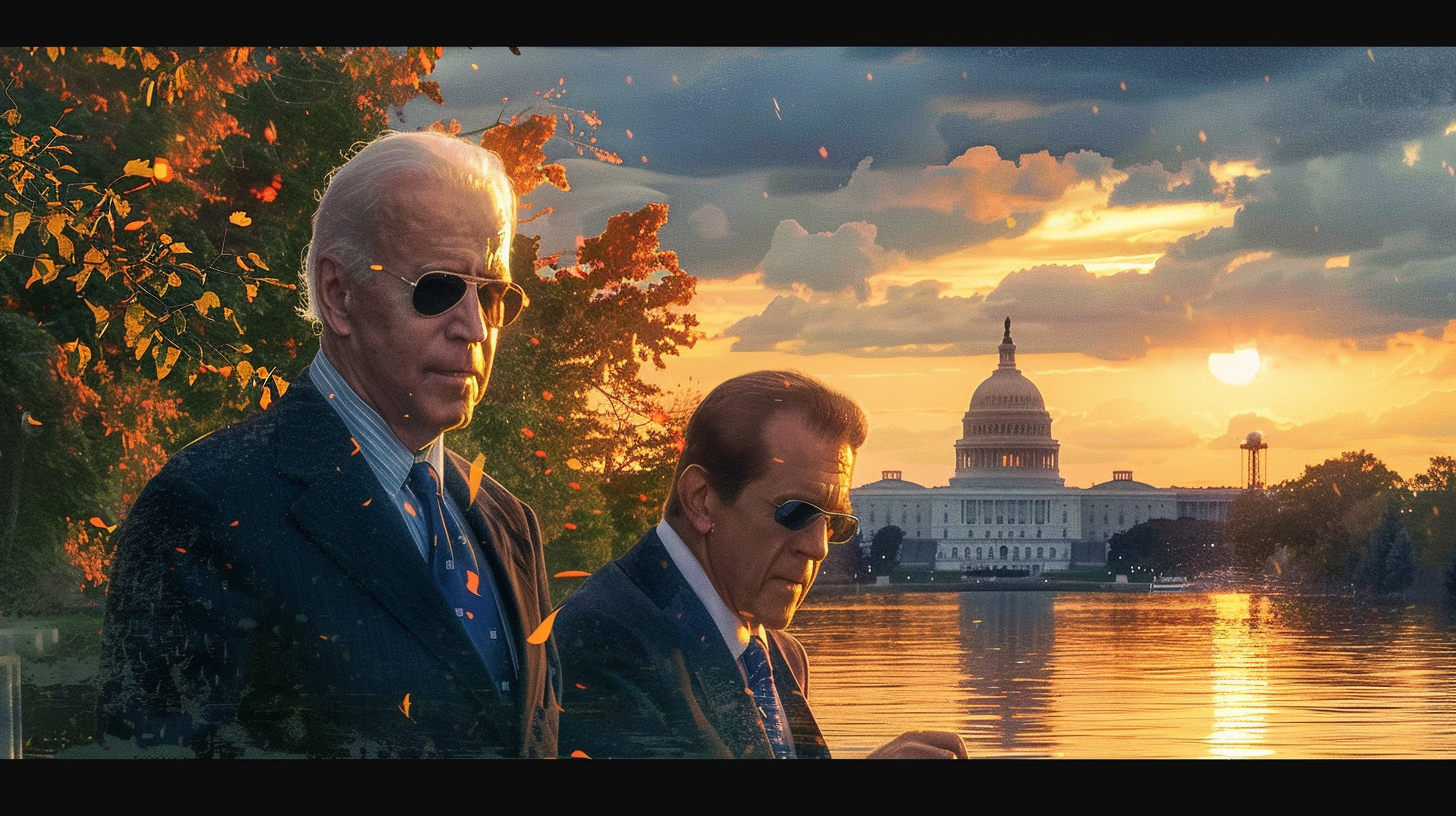
The Presidential Pardon Power
The President has the pardoning power to grant pardons under Article II, Section 2 of the U.S. Constitution, which includes full pardons, amnesty, commutation, reprieves, and remission of fines.
The pardon power is intended to further “the public welfare” and is subject to constitutional constraints.
The President’s pardon power extends to every offense known to the law and may be exercised at any time after its commission, either before legal proceedings are taken during their pendency or after conviction and judgment.
The President’s pardon power is not limited to federal crimes but also includes the power to grant pardons for state offenses.
Presidential Pardon Limitations and Exceptions
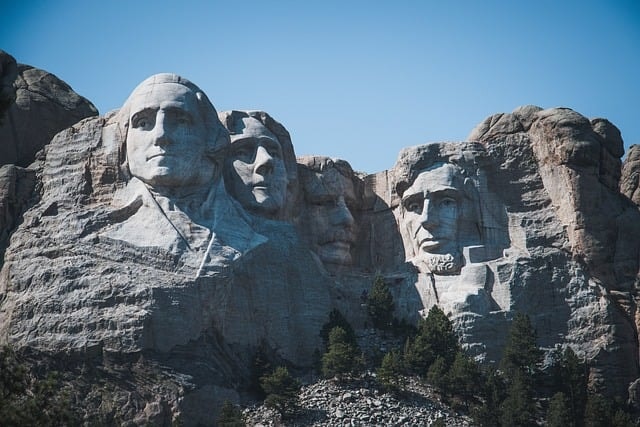
- The president’s power to grant pardons is limited by the Pardon Clause to “Offenses against the United States” and prohibits pardons for “Cases of Impeachment.”
- The President cannot pardon himself for state offenses, meaning he cannot pardon himself for crimes committed in a state court.
- The President’s pardon power does not extend to cases of impeachment, and he cannot pardon himself for crimes related to impeachment.
- The President’s pardon power is not absolute, and may be subject to other constitutional limitations.
Implications of a President Pardon
A president pardoning himself would be inconsistent with the gravity of the decision and the public good.
A self-pardon would also violate the due process principle and the principle that no man can be a judge in his own case.
The President is not above the law and must be held accountable for his actions.
A self-pardon would undermine the rule of law and the integrity of the justice system.
Public Opinion and Political Ramifications
Public opinion on presidential pardons is often divided, reflecting the complexity and potential for controversy inherent in this executive power. A 2020 survey revealed that 44% of Americans believed the president’s pardon power was too broad, while 27% felt it was too limited. This division underscores the contentious nature of presidential pardons and their impact on public perception.
The political ramifications of presidential pardons can be significant, especially when the pardons are perceived as politically motivated. For instance, President Trump’s pardon of former Sheriff Joe Arpaio, who was convicted of contempt of court, drew widespread criticism. Many viewed this pardon as a reward for political loyalty, raising concerns about the misuse of the pardon power to benefit allies.
Presidential pardons can also influence the political fortunes of the presidents themselves. A notable example is President Gerald Ford’s pardon of Richard Nixon following the Watergate scandal. This controversial decision is widely believed to have contributed to Ford’s loss in the 1976 presidential election. The pardon was seen by many as an attempt to shield Nixon from accountability, which damaged Ford’s political standing.
These examples illustrate how presidential pardons can have far-reaching political consequences, affecting not only the individuals involved but also the broader political landscape and the president’s legacy.
Constitutional Checks on the Pardon Power
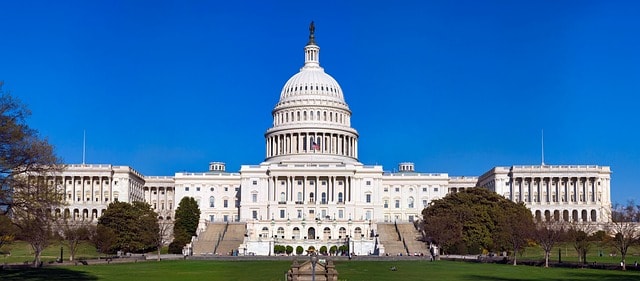
- Each branch of government has a constitutional role to play in checking the pardon power.
- Federal courts may adjudicate disputes over the constitutionality of a pardon.
- Congress may investigate abuses of the pardon power and impeach and remove a President from office for abuses.
- The executive branch may investigate criminal abuses surrounding the exercise of the power.
- The Supreme Court has held that the President cannot force an individual to accept a pardon that violates their constitutional rights.
- Additionally, the Justice Department’s Office of Legal Counsel provides impartial legal advice on the constitutionality of a self-pardon, emphasizing that no one can be a judge in their own case.
Can a United States President Pardon Himself? Understanding the Limits of the Presidential Pardon Power
The power of the President of the United States to pardon individuals for federal crimes is one of the most significant executive powers granted by the U.S. Constitution. However, questions have long lingered about the boundaries of this power, particularly whether a President can pardon himself. The implications of such an action would extend beyond politics, challenging the very fabric of American democracy.
Comparative Analysis with Other Countries
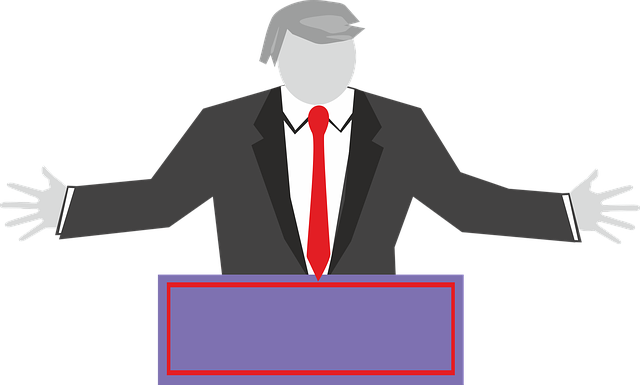
The concept of granting pardons is not unique to the United States; many other countries have similar mechanisms. However, the scope and application of these powers can vary significantly. For example, the monarch can grant pardons in the United Kingdom, but this power is typically exercised on the government’s advice. This advisory role ensures that the pardon power is not used arbitrarily.
In Canada, the governor general has the power to grant pardons, usually acting on the advice of the prime minister. Similarly, in Australia, the governor-general can grant pardons, but this power is generally exercised on the advice of the attorney general. These advisory mechanisms serve as checks on the use of the pardon power, ensuring that it is exercised in a manner consistent with the rule of law.
One key difference between the United States and other countries is the scope of the pardon power. In the U.S., the president can grant pardons for federal crimes, but not for state offenses. In contrast, the pardon powers in Canada and Australia can extend to certain state crimes, although they are primarily focused on federal offenses.
This comparative analysis highlights the unique nature of the U.S. presidential pardon power. While other countries have similar mechanisms, the scope and application of the pardon power in the United States are distinct. This uniqueness underscores the importance of ongoing discussions and debates about the appropriate use and limits of this significant executive authority.
The Presidential Pardon Power

The President’s pardon power is derived from Article II, Section 2 of the U.S. Constitution, which grants the President the authority to “grant reprieves and pardons for offenses against the United States, except in cases of impeachment.” This broad power to grant pardons includes full pardons, commutations of sentences, reprieves, and the remission of fines. The goal is to further the public welfare by correcting injustices or offering mercy in certain circumstances.
However, the pardon power is limited to federal offenses, meaning it does not extend to state criminal offenses. This means that a President cannot pardon himself or anyone else for state-level crimes. Additionally, the Constitution explicitly states that the President cannot use the pardon power in cases of impeachment.
Historical Context of Presidential Pardons

The concept of presidential pardons has deep roots in American history, tracing back to the Republic’s early days. The Founding Fathers, influenced by the British system where the monarch could grant pardons, incorporated this power into the U.S. Constitution during the Constitutional Convention of 1787. They envisioned the pardon power as a tool for the President to correct injustices and promote the public good.
Throughout history, presidential pardons have been used in various contexts. One of the most notable examples is President Abraham Lincoln’s use of pardons during the Civil War. Lincoln granted pardons to Confederate soldiers as part of his efforts to heal the nation and promote reconciliation. This act of clemency was seen as a crucial step in mending the deep divisions caused by the war.
In the 20th century, the use of presidential pardons became more controversial. President Richard Nixon’s pardon of his aides involved in the Watergate scandal is a prime example. This move sparked widespread criticism and led to calls for greater transparency and accountability in the pardon process. The controversy surrounding Nixon’s pardon highlighted the potential for abuse of this significant executive power.
In recent years, the debate over the pardon power has continued. President Donald Trump’s use of pardons, including the pardon of former National Security Adviser Michael Flynn, has reignited discussions about the scope and limits of this power. These instances underscore the ongoing need for clarity and consistency in the exercise of presidential pardons.
Can a President Pardon Himself?
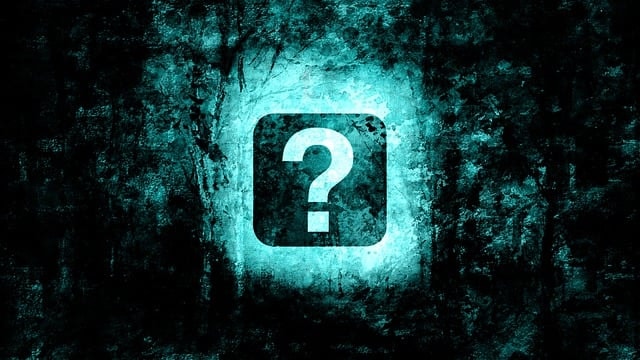
The question of whether a President can pardon himself remains unresolved, as no President has ever attempted to do so. The issue first arose during President Richard Nixon’s tenure. Facing the possibility of criminal charges following the Watergate scandal, Nixon ultimately resigned, and his successor, President Gerald Ford, granted him a full pardon. This avoided a constitutional crisis over a potential self-pardon.
The debate resurfaced during President Trump’s time in office, as he faced multiple investigations. Legal scholars are divided on whether the President’s pardon power extends to presidential self pardons. Some argue that the Constitution’s silence on the matter means it is permissible, while others contend that it would violate fundamental legal principles, such as the idea that no person should be a judge in his or her own case.
Constitutional and Legal Limitations
There are several constitutional limitations and legal arguments against the concept of self-pardon and a presidential self-pardon. The most significant of these is the principle of “nemo judex in causa sua”—no one should be a judge in their own case. A self-pardon would, in effect, make the President both judge and beneficiary, which contradicts the foundational idea of fairness in the justice system.
Additionally, the Pardon Clause in the Constitution limits the President’s pardon power to “offenses against the United States,” excluding cases of impeachment. This means that a President cannot pardon himself to avoid impeachment or any related consequences.
Federal courts and the Supreme Court could adjudicate the constitutionality of a self-pardon if one were ever attempted. While the courts have not directly addressed this issue, they have ruled on other limitations of presidential powers, often emphasizing the principle that the President is not above the law.
Implications of a Presidential Self-Pardon
The implications of a self-pardon are far-reaching, particularly when considering the president’s pardon power. Such an action would likely face immediate legal challenges, and the Supreme Court could be called upon to decide its validity. A presidential self-pardon could be seen as inconsistent with the President’s duty to uphold the Constitution and could undermine the integrity of the justice system.
Furthermore, a self-pardon would likely intensify political polarization and create a perception that the President is above the law. It could undermine public trust in the fairness and accountability of government institutions, as the President would essentially be shielded from criminal liability.
Checks and Balances on the Pardon Power
The U.S. system of checks and balances provides several mechanisms to address potential abuses of the presidential pardon power. Congress has the authority to investigate abuses of the pardon power and may initiate impeachment proceedings if it finds evidence of misconduct. The executive branch, including the Justice Department, may also investigate criminal abuses related to the use of pardons.
If the president is temporarily unable to perform their duties, the vice president might step in to execute a pardon, introducing the dynamics between the two offices during constitutional crises.
The Supreme Court has held that the President cannot compel an individual to accept a pardon if it violates their constitutional rights, demonstrating that the pardon power is not entirely without limitations. Additionally, federal courts could be asked to resolve disputes regarding the constitutionality of a pardon, particularly in cases involving a potential self-pardon.
Conclusion
The question of whether a United States President can pardon himself remains unanswered, but it raises important constitutional and ethical concerns. The President’s pardon power is broad, but it is not absolute. The framers of the Constitution intended for the pardon power to further public welfare and promote justice, not to serve as a tool for self-preservation.
Ultimately, a self-pardon would challenge the foundational principle that no one is above the law, including the President. The system of checks and balances, along with the role of federal courts and Congress, serves as a safeguard against potential abuses of this significant executive power. This debate has gained renewed attention with former president Donald Trump claiming an absolute right to self-pardon amidst ongoing legal controversies, raising broader questions about the limitations and implications of presidential clemency powers.













